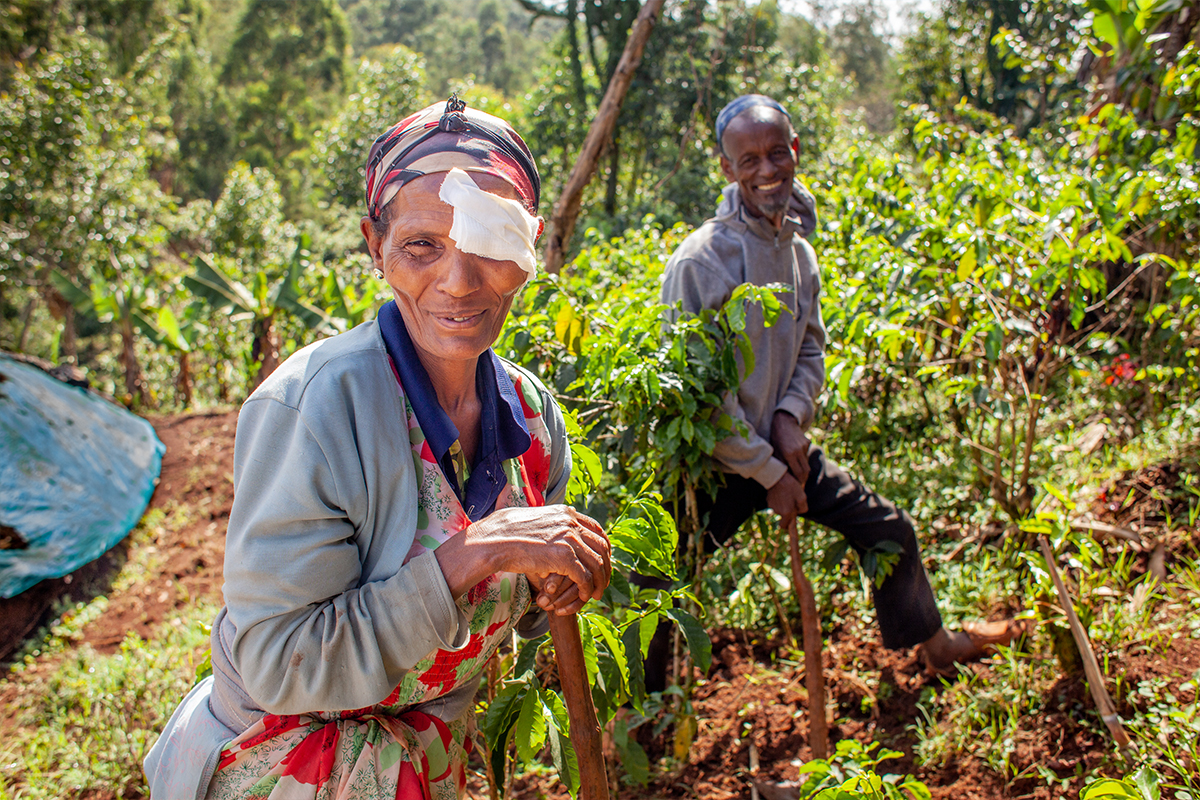Join a powerful, unprecedented alliance for better eye health for all.
Join IAPBVison impairment and blindness among agricultural workers and rural farmers causes a ripple effect that touches not only families, but entire communities. Fewer hands working the fields results in lower household income, less food reaching the market and more people going hungry.

Image by Ulrich Eigner for Light for the World.